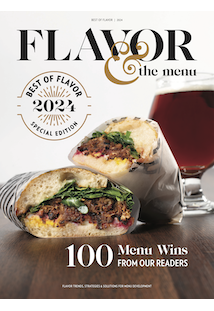
Miya’s is credited as the first sustainable sushi restaurant in the world. But Bun Lai recounts how it wasn’t always that way. “Years ago, much of the seafood at Miya’s would not have met today’s standards for sustainability,” he says. “Sustainability was not something we thought about when choosing seafood, and furthermore, that information was difficult to come by.”
Lai credits tools that have made the process easier, “from the easy-to-use apps by organizations like Seafood Watch to fabulous cookbooks by sustainable seafood experts like Barton Seaver.”
“There was a time when I spurned most farmed seafood for the devastating impact the cultivation of them had on habitats around the world,” he says. “Many who are mindful about the seafood they eat are aware of the problems related to aquaculture without the knowledge that vast improvements have been happening on seafood farms all around the world.”
He admits some customers are still skeptical of farmed seafood. “When a guest expresses their concern, we update them to the fact that today some of the tastiest, healthiest, eco-friendliest seafood around is farmed,” he says. “And choosing to eat sustainably farmed seafood is one of the most important choices a seafood lover can make to protect the oceans and the creatures that depend on them.”
One of Miya’s original—and most popular—offerings is the Bad-Tempered Geisha Boy, a spicy mussel roll. “We use New Zealand green-lipped mussels because they are sustainably farmed, frozen fresh, affordable and delicious,” Lai says.







